
!Корпоративное право 2023-2024 / 2013-study-analysis_en
.pdf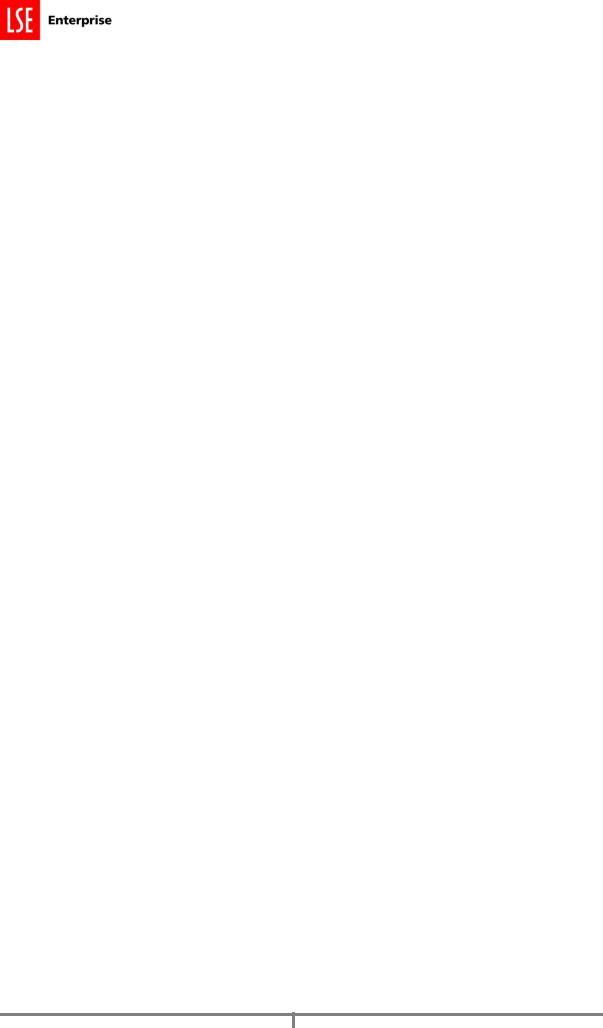
authorisation is granted with regard to all future transactions, and not on a case-by-case basis.
Theoretically, the company acting through its board of directors can waive the non-compete duty of the director. Anyway, the conflicted director is prohibited from participating in the decision of the board.
371 Directors’ Duties and Liability in the EU
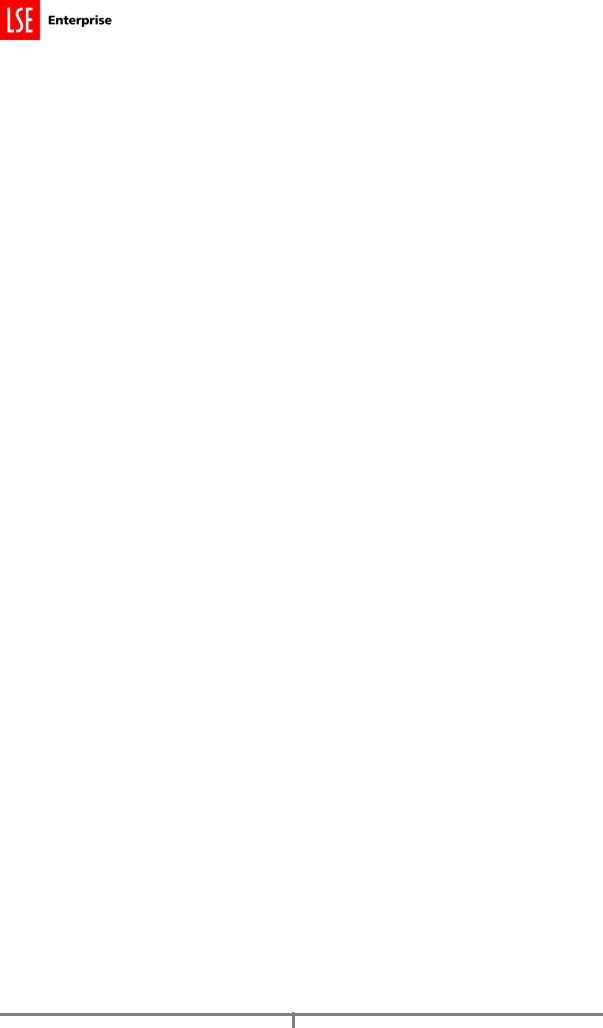
372 Directors’ Duties and Liability in the EU
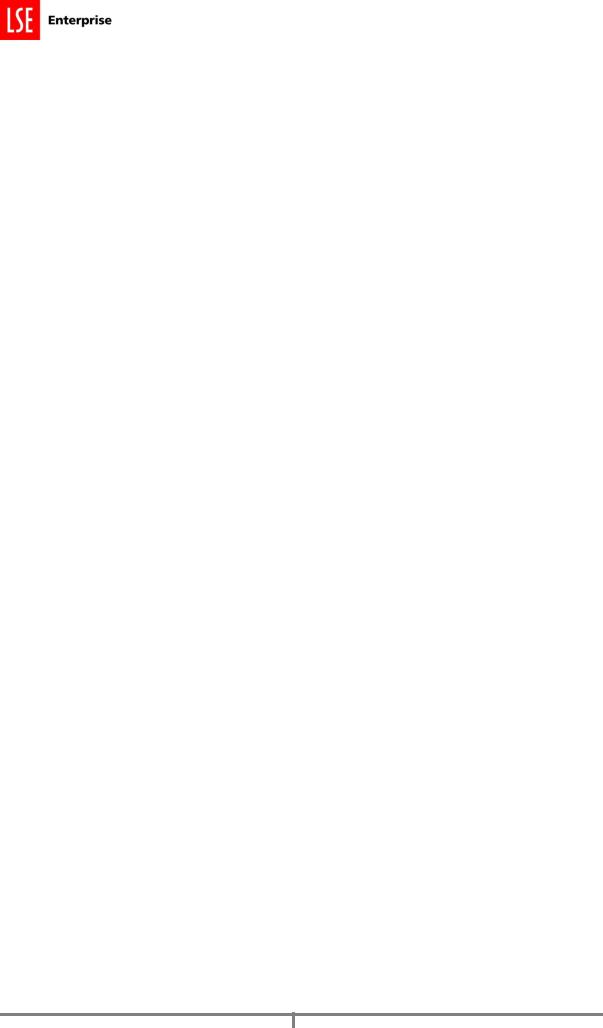
Slovenia
Hypothetical I: Liability of the parent and directors of the parent for breaches of duty at the level of the subsidiary
A pharmaceutical company is currently developing two new drugs. After assessing the potential liability risks associated with the future products, the directors of the pharmaceutical company decide to incorporate two separate private limited companies, each taking over the development, research and future marketing of one of the two drugs.
The directors of the pharmaceutical company appoint the two project managers as directors of the two subsidiary companies. The two subsidiary companies enter into an agreement allowing them access to the parent company's research facilities. According to the subsidiary's articles of association, all major strategic decisions regarding the research, development and marketing of the drugs are subject to approval by their sole shareholder, the pharmaceutical company. The employees working for the subsidiaries are formally still employed with the parent company, but are posted with the subsidiaries under an agreement entered into by the parent company and the two subsidiaries upon formation of the two companies.
When the directors of the parent company learn about competitors working on similar projects, they try to accelerate the development process of the two drugs. They award substantial bonuses to the subsidiary’s directors, contingent on the drugs receiving regulatory approval within the next 6 months.
The original schedule provided for further tests, which would take at least 12 months.
Primarily because of the contingent bonus payment, the directors of the subsidiaries skip some of the planned tests and studies, and cover up this decision in their filings for regulatory approval.
The two drugs gain regulatory approval within the 6 month time span, and are successfully marketed shortly after that.
Two years after the initial marketing, independent studies reveal that one of the drugs causes a rare form of lethal cancer, exposing the relevant subsidiary to enormous product liability claims that far exceed its net assets. The drug developed by the other subsidiary proves to be safe and leads to substantial profits.
1.Is it possible that the parent company would be liable in circumstances comparable to the stylised facts above?
The Slovenian Companies Act stipulates that subsidiary companies are legally independent and shall be liable for their liabilities with all their assets. The Companies Act does not establish automatic liability of the parent company for the liabilities of a subsidiary. In circumstances comparable to the facts above (i.e. actual concern) the parent company may not use its influence to induce a subsidiary company to carry out harmful transactions for itself, or to do something or
fail to do something to its own detriment, unless the parent company compensates the subsidiary company for the loss. The liability of a parent company would be established if a parent company
373 Directors’ Duties and Liability in the EU
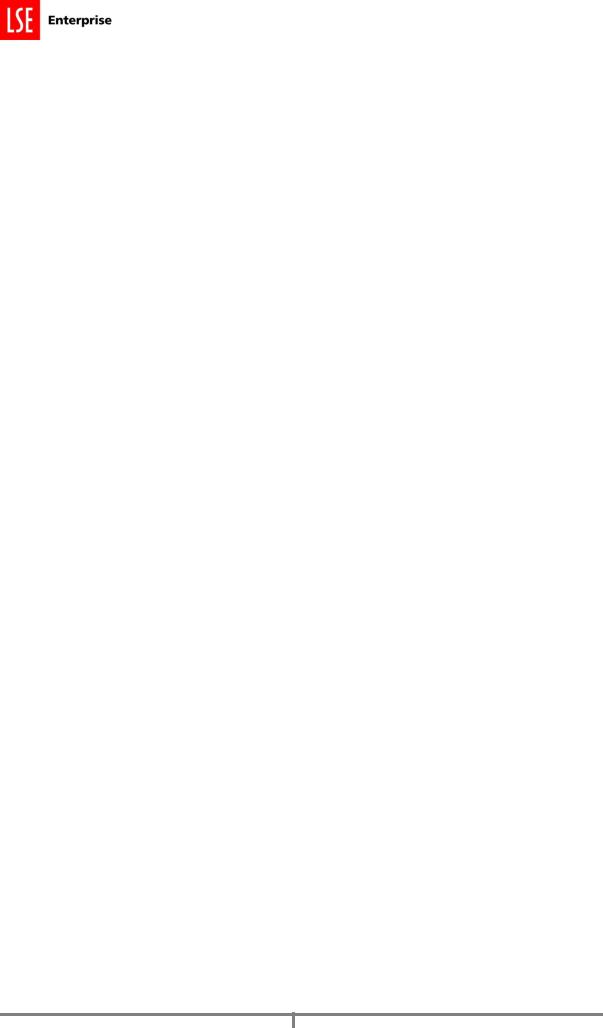
induces a subsidiary company to carry out a legal transaction which is detrimental to it, or to do something or not do something to its own detriment, without actually compensating for the loss by the end of the financial year or without providing the right to benefits determined for compensation.
2.Under which circumstances would the directors of the parent company face a liability risk in those circumstances?
The Slovenian Companies Act stipulates that in addition to the parent company, those statutory representatives of the parent company who induced the subsidiary company to carry out the legal transaction or measure which is detrimental to it shall also be jointly and severally liable.
The members shall be liable (disregard of the legal personality) for the liabilities of the company in the following cases:
-if they abused the company as a legal person in order to attain an aim which is forbidden to them as individuals,
-if they abused the company as a legal person thereby causing damage to their creditors,
-if in violation of the law they used the assets of the company as a legal person as their own personal assets, or
-if for their own benefit or for the benefit of some other person they reduced the assets of the company even if they knew or should have known that the company would not be capable of meeting its liabilities to third persons.
Hypothetical II: Duties in the vicinity of insolvency
After making losses for three consecutive years, an oil trading company’s equity ratio (equity divided by total assets) has fallen below [1% - 5% - 10%]. On average, comparable companies in the same line of business have an equity ratio of about 25%.
The company still has substantial assets, but the thin equity cushion makes it hard for the company to pursue its core business, as trading partners demand higher prices to compensate them for the perceived higher risk of the company's operations.
The company's directors evaluate different possibilities to improve the business prospects of the company. They attribute past trading losses to the substantially higher volatility of oil prices following the financial crisis, and maintain the view that the company's business model is sustainable in the long run. After exploring the possibility to raise new equity to recapitalise the business, they conclude that current market conditions would force them to issue new shares at prohibitively low prices, which would lead to a substantial dilution of their current shareholders.
After analysing the market conditions, the directors come to the conclusion that the market price for crude oil is bound to rise significantly over the next year, particularly due to high anticipated demand
from emerging market economies. In an attempt to recapitalise the company the directors decide to invest heavily in crude oil futures. They expect that the anticipated increase in oil prices will lead to
374 Directors’ Duties and Liability in the EU
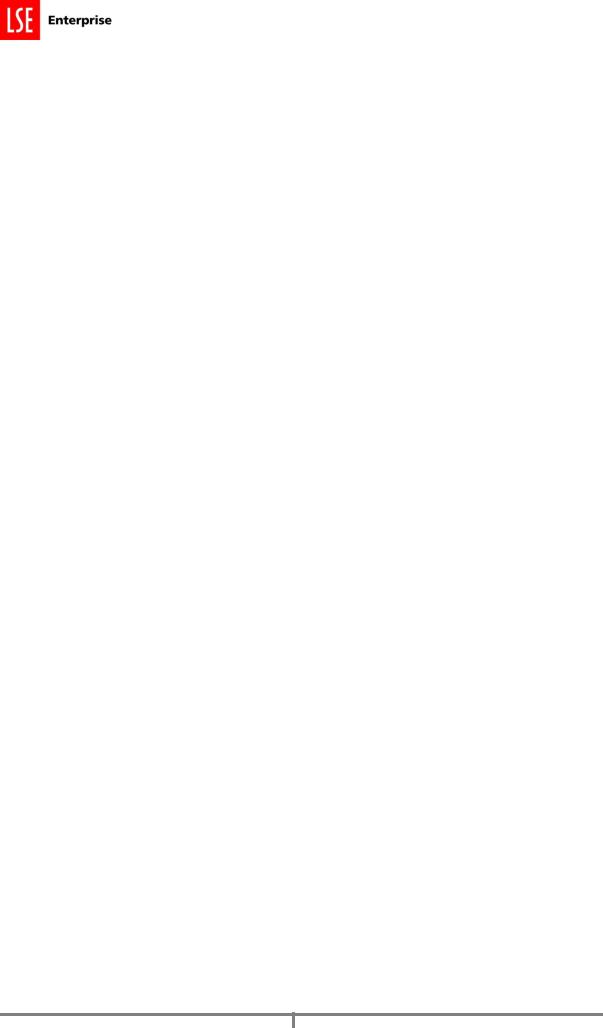
substantial gains from this transaction, bringing the equity ratio back in line with the industry average, and thus allowing the company to resume their trading operations at more sustainable conditions.
The directors are aware that a sudden substantial fall in oil prices could potentially wipe out the remaining equity of the firm, but they consider the likelihood of this happening to be very low.
Shortly after entering into the forward sale agreement, worries about a sovereign debt crisis lead to a revision of worldwide economic growth forecasts. The price of crude oil falls more than 10% on a single day, the worst one day performance in many years. As the company cannot fulfil the margin calls on its forward sales contracts, the positions are closed by the counterparty. The closed positions have a negative value exceeding the company’s equity, leading to the company’s over-indebtedness. Trading partners refuse to enter into transactions with the company due to its financial position, and banks close all existing credit lines of the company.
Do fiduciary duties prevent directors from entering into particularly risky transactions?
At which point in time does the law provide for additional duties of directors or the change of existing duties in situations of financial distress? (i.e. how is ‘vicinity of insolvency’ defined?)
What is the legal response to above situation? For example, the law may provide that the directors have to take primarily the creditors’ interests into account, rather than those of the shareholders, or the company must cease to trade and the directors file for the opening of insolvency proceedings.
[No answer.]
Hypothetical III: Duty of care
A large banking institution is engaged in retail as well as investment banking. In 2000, a new CEO was appointed, who also sits on the board of directors. The CEO made the decision to invest heavily in collateralised debt obligations (CDOs) backed by residential mortgage-backed securities, including lower-rated securities that pooled subprime mortgages to borrowers with weak credit history. The investments were initially successful, generating high profits for the company. However, beginning in 2005, house prices, particularly in the United States, began to decrease. Defaults and foreclosures increased and the income from residential mortgages fell rapidly.
As early as May 2005, economist Paul Krugman had warned of signs that the US housing market was approaching the final stages of a speculative bubble. Early in 2007, a large US subprime lender filed for bankruptcy protection and a number of investors announced write downs of several billion dollars on their structured finance commitments. In July, 2007, Standard and Poor’s and Moody’s downgraded bonds backed by subprime mortgages. At the end of 2007, two hedge funds that had invested heavily in subprime mortgages declared bankruptcy. In spite of these warning signs, the CEO had continued to invest in CDOs until shortly before the Lehman bankruptcy in September 2008, accumulating a total exposure of more than 20 billion Euro/Pounds/… . The subprime mortgage crisis
necessitated massive write downs, leading to an annual loss of eight billion in 2008, which can be attributed in equal measure to the CDO transactions undertaken in 2005-2008.
375 Directors’ Duties and Liability in the EU
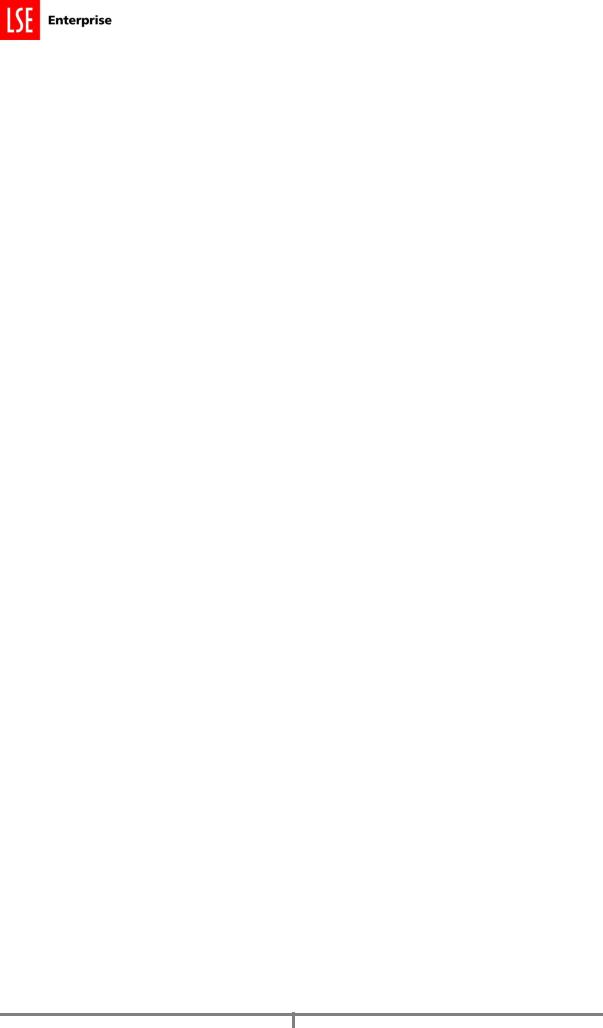
The CEO resigned in October 2008. As part of the resignation, the CEO entered into an agreement with the company providing that he would receive 50 million Euro/Pounds/… upon his departure, including bonus and stock options, and in addition an office, administrative assistant, car and driver until he would commence full time employment with another employer. In exchange, the CEO signed a non-compete agreement and a release of claims against the company. The agreement with the CEO was approved by all directors (the CEO abstaining from voting), acting on behalf of the company.
After the CEO’s departure and with a new management team in place, it transpires that the old CEO had used a number of ostensibly arms-length transactions with investment firms that were, however, controlled by the CEO’s nominees, to transfer assets at an undervalue to a company owned by the CEO on the Cayman Islands. When the true nature of these transactions becomes known, the assets are no longer recoverable.
Questions:
Is the CEO liable for annual loss suffered by the company in 2008?
The LCC-1 prescribes for the Management and Supervisory Board members the duty of care, using the standard of a conscientious and fair manager. The duty of care and liability of supervisory board members and members of the board of directors is subject to the appropriate application of the LCC-1 provisions on the duty of care and liability of management board members.
It is laid down in the LCC-1 that, in performing their tasks on behalf of the company, the members of the management or supervisory body must act with the diligence of a conscientious and fair manager and protect the business secrets of the company.
The members of the management or supervisory body are jointly and severally liable to the company for damage arising as a consequence of a violation of their tasks, unless they demonstrate that they fulfilled their duties fairly and conscientiously.
The members of the Management body, in performing their tasks on behalf of the company must act with the diligence of a conscientious and fair manager (duty of care, as legal standard).
The members of the management body are liable to the company for damage arising as a consequence of a violation of their tasks, unless they demonstrate that they have fulfilled their duties fairly and conscientiously (reversed burden of proof).
The members of the management body are jointly and severally liable to the company (in some cases also to the creditors) for damage caused in the course of managing the business.
Members of the management or supervisory body are not obliged to reimburse the company for damage if the act that caused damage to the company was based on a lawful resolution passed by the general meeting. The liability of the members of the management is not excluded on the basis that an act was approved by the management or supervisory body.
376 Directors’ Duties and Liability in the EU
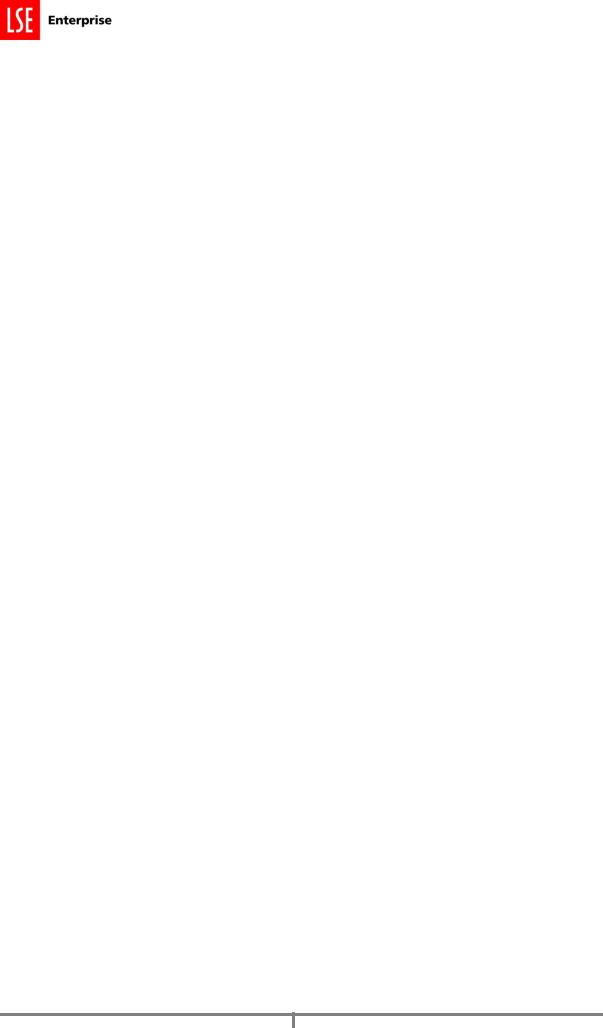
A compensation claim by the company against members of the management or supervisory body may also be pursued by creditors of the company, if the company is unable to repay them.
Have the directors (other than the CEO) breached their fiduciary duties by approving the agreement in conjunction with the resignation of the outgoing CEO?
Issues:
-Who decides on transactions of one of the directors with the company (related party transactions)?
Supervisory board in the two tier system and board of directors in the one tier system.
-Is the duty of care used to constrain excessive executive remuneration?
Normally yes.
Have the members of the company’s internal audit committee (of which the CEO was not a member) breached their fiduciary duties by not identifying the true nature of the ostensibly armslength transactions and are they, accordingly, liable for the loss suffered by the company as a consequence of the transactions? Have the other directors (except the CEO) breached their duties?
Issues:
-Does the standard of care depend on the position of the director in the company and his/her expertise? Accordingly, would members of the audit committee be held to a higher standard of care than other directors?
In principle, the same standard of care applies to all directors (members of the board). However, members of the audit committee would additionally be held to a standard of care taking account of their audit expertise.
-Are directors required to monitor their colleagues on the board?
They are not explicitly obliged to do so.
-Would they be in breach of the duty of care if they could have identified wrongdoing by another board member but failed to do so?
If they would, acting so, breach the duty they owe to the company.
377 Directors’ Duties and Liability in the EU
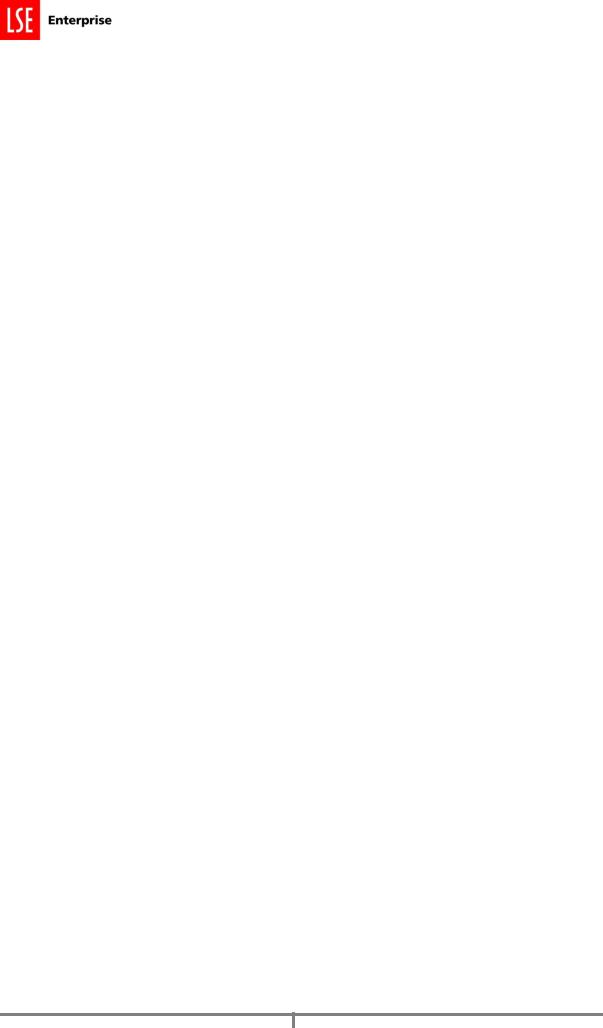
Assuming that the company has a claim against the CEO or another director pursuant to one or more of the above questions, can a minority shareholder enforce the claim?
Issues:
-Who can bring a claim on behalf of the company?
Directors and the president of the supervisory board; in addition also minority shareholders. Where an action is filed against a person still performing the duties of a member of the management or controlling organ, the assembly shall appoint a special representative who represents the company in the proceedings before the court.
-Does the derivative action exist?
Yes.
-What is the threshold to bring a derivative action?
10% of shares or shares of at least 400,000 euro nominal value; where a proposal for bringing an action is not accepted or if the assembly does not appoint a special representative or if the management or special representative does not operate in accordance with the decision of the general meeting, a lawsuit may be filed by minority shareholders on their own behalf and on behalf of the company.
-Do conditions exist that must be satisfied before a court will allow a derivative action to proceed (for example, will the court review whether the action is in the interest of the company or frivolous)?
No particular conditions listed by law. The court will check only if a legal ground for the action exists.
-Who bears the costs for a derivative action?
The costs and expenses are covered by the company.
378 Directors’ Duties and Liability in the EU
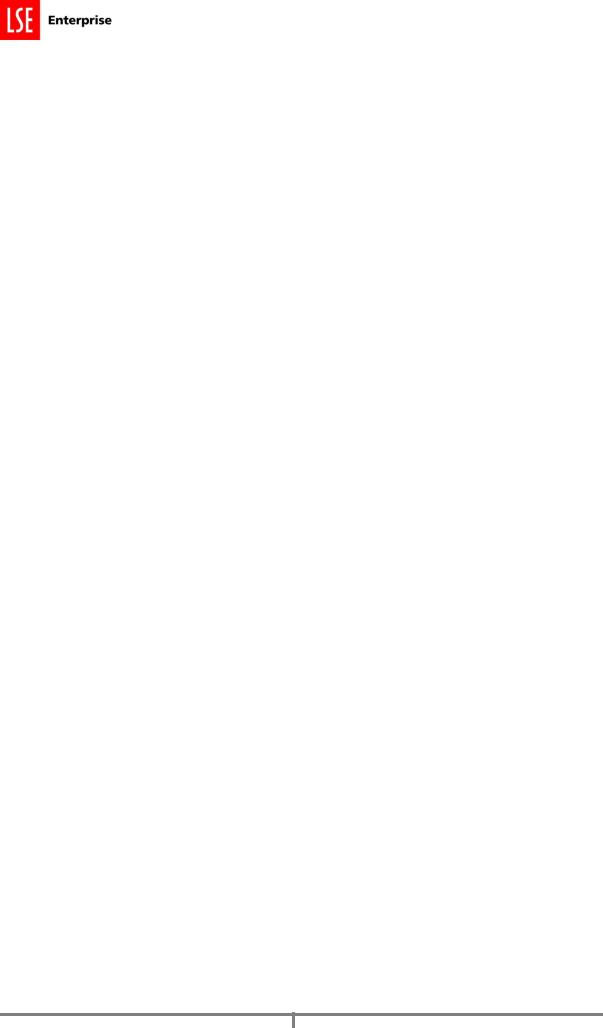
Hypothetical IV: Duty of loyalty
A mining company (‘Bidder’) considers expanding business operations. The board identifies assets held by another company (‘Target’) as a possible acquisition. The following scenarios ask you to consider the liability of a director (‘A’) on the board of Bidder.
Director A is also majority shareholder in Target, holding 60 percent of the outstanding share capital of the company. As majority shareholder of Target, he is interested in an acquisition that is beneficial to Target. He proposes that Bidder purchase the assets for 10 million
Euro/Pounds/…, knowing that the value ranges between 7 and 8 million. Director A does not disclose his interest in Target to the board of Bidder. A majority of the directors approves the acquisition. A’s vote was not decisive for the positive vote.
If directors have a personal interest in a transaction with the company, they must disclose the conflict of interest to the board and to the internal auditors, and refrain from participating in the decision on the transaction.
If the director violates the disclosure obligation, is the transaction void or voidable or does the director have to pay damages?
If the consent of the supervisory board or general meeting has not been given, it shall be deemed that the transaction is null and void. The general meeting may pass a resolution approving the transaction. In that case, the transaction is not null and void, but the director continues to be liable for violating his disclosure obligations.
As in scenario 1, but Director A discloses his interest in Target to the board of Bidder, and a majority of the uninterested directors approves the acquisition.
Issue: Does the interested director have to abstain from voting when the board decides on the conflicted interest transaction?
Yes, there is an explicit legal provision on that.
If he/she fully informs the board and abstains from voting and the board approves the transaction, is it valid?
Yes.
As in scenario 1, but when the shareholders of Bidder learn of A’s interest in Target, they ratify the transaction, believing that it is in the company’s interests.
Issue: Can the shareholders authorise or ratify a related-party transaction?
379 Directors’ Duties and Liability in the EU
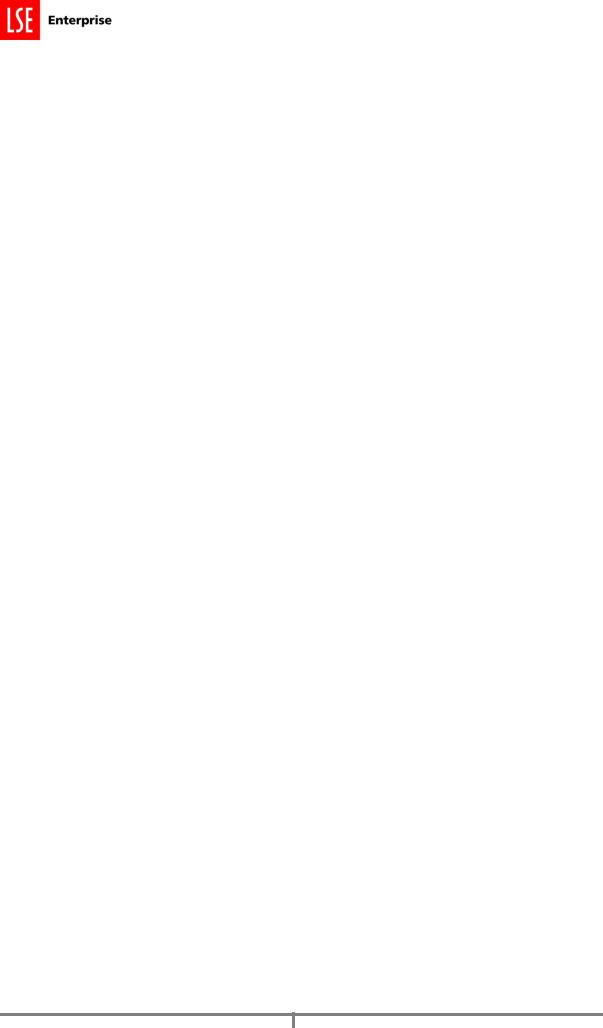
No, it is up to the board (supervisory board or board of directors) to decide on consent. The general meeting decides only in case there is no board.
Can the conflicted director vote on such a resolution if he/she is also shareholder?
No, but it is not explicitly laid down in the law.
How is minority shareholder protection ensured? For example, can the minority shareholder appeal to the courts and claim that the transaction was not in the company’s interest?
It is not regulated in the law in the context of conflicts of interest, but the institute of special audit can be used in such cases by minority shareholders.
Director A is majority shareholder and managing director in a competitor of bidder (‘Rival’), which is also active in the mining business. The assets held by Target that Bidder seeks to acquire consist in claims near Rival’s own mining territories. Director A is of the opinion that the assets are more valuable for Rival than for Bidder. He therefore arranges for Rival to make a competing and higher offer than Bidder, and Target accordingly decides to sell the assets to the former company.
There are only legal rules referring to a ban of competition.
Members in an unlimited company, general partners in a limited partnership, members and managers in a limited liability company, members of the management board and supervisory board of a public limited company and procurators may not participate in any of these roles or be an employee in any other company, or as an entrepreneur pursue an activity, which is or could present competition to the activities of the first company.
The founding act of a company may set conditions under which the persons referred to above may participate in a competing company. It may provide that the ban on competition shall continue after a person has lost the position, but the ban must not last more than two years.
If a person violates the ban on competition the company may claim compensation. The company may also require the offender to cede to the company any operations concluded for his own account as operations concluded for the account of the company, or require the offender to transfer to it any benefits from operations concluded for his own account, or to cede to the company his right to compensation.
A special provision on a ban on competition exists for directors (members of the management board). A member of the management board may not pursue an activity with a view to profit in the area of the company’s activity without the consent of the supervisory board, nor conclude operations for his own account or for the account of another person.
As in scenario 4, but A resigns from his position as director of Bidder before Rival makes the competing offer.
380 Directors’ Duties and Liability in the EU
